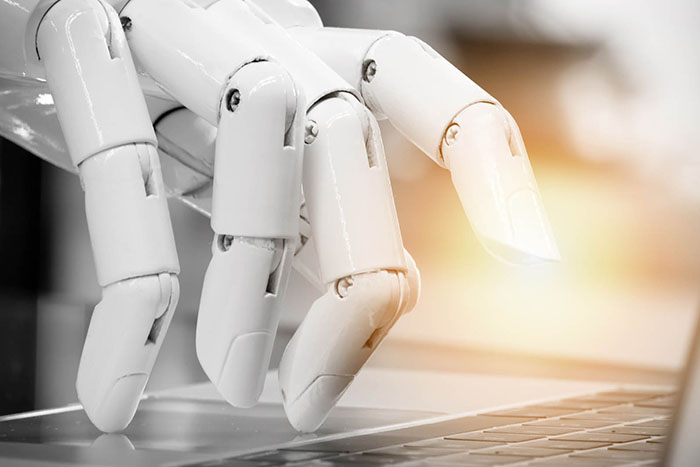The Court of Appeal has confirmed that, under English patent law as it currently stands, an AI, however inventive, cannot qualify as an inventor for patent purposes. Nor is the owner of a machine that makes an invention entitled to claim ownership of that invention. The decision[i] underlines the need for legislation to clarify the patent position in relation to AI-generated inventions.
Test cases
The judgment arises out of test cases brought by an individual, Dr Stephen Thaler, in respect of inventions created by an AI platform created by him called DABUS. DABUS is described as a “creativity machine” consisting of a type of “connectionist” artificial intelligence containing a number of neural networks designed to generate and test novel ideas. The “inventions” made by DABUS relate to a food container with a fractal surface and a light that turns on and off in a fractal pattern. Dr Thaler argues that if DABUS had been a person the inventions would have met the inventorship criteria for patentability. This contention has not, however, been examined by the court as the applications were deemed withdrawn at an early stage because Dr Thaler had not identified a human inventor.
DABUS applications made worldwide
Dr Thaler has made patent applications naming DABUS as inventor in a large number of patent offices worldwide. So far these applications have been unsuccessful in most countries, although he is reported to have had some success in Australia and South Africa.
Only people can invent
The Court of Appeal’s rejection of the idea of the machine as inventor was based on the wording of the UK Patent Act 1977 (the Act)[ii], which clearly contemplates that the inventor will be a “person”. The Act[iii] also confers a “right” on the inventor to be mentioned in the patent application: as only people can have rights, it made sense that the inventor must be a person.
Who owns the invention?
Under the Act the patent is primarily granted to and owned by the inventor or joint inventors. But this would not make sense if the inventor was the machine as a machine cannot own property. Mr Thaler argued that, as the owner of the machine, he was entitled to the property in the product – rather like the owner of an apple tree who is also entitled to the fruit. The court rejected this idea: it held that there is no rule of law that intellectual property produced by a machine should belong to the owner of the machine.
What next?
It is possible that Dr Thaler will appeal to the Supreme Court to try to get the answer he seeks. At the time of writing it is unclear whether he will be able to obtain permission to do so. In any event, however, many will feel that the question of the patent status of AI generated works is a question of policy that needs to be considered by Parliament rather than developed by judges based on legislation that was not originally designed to deal with this technology. The UK government has indicated that it will be consulting on the copyright areas of computer generated works and text and data mining, and on patents for AI devised inventions, before the end of this year as part of the UK National AI Strategy. So this is a space to watch.

 Melissa Fisher
Melissa Fisher